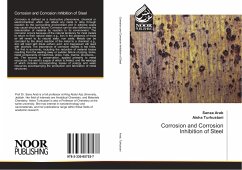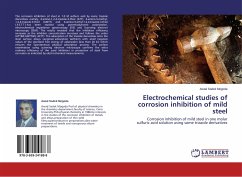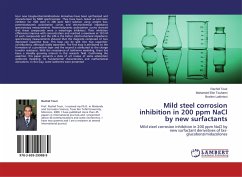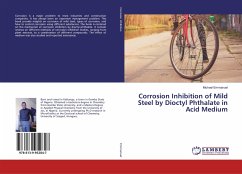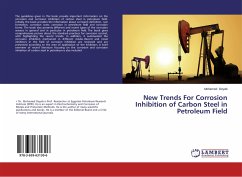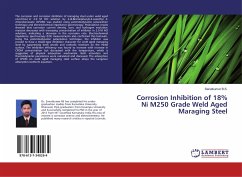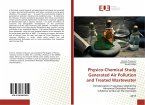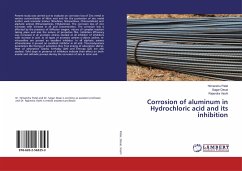Corrosion is defined as a destructive phenomena, chemical or electrochemical, which can attack any metal or alloy through reaction by the surrounding environment and in extreme cases may cause structural failure. Corrosion can be also defined as the deterioration of material by reaction to its environment. The corrosion occurs because of the natural tendency for most metals to return to their natural state; e.g., iron in the presence of moist air will revert to its natural state, iron oxide. Metals can be corroded by the direct reaction of the metal to a chemical; e.g., zinc will react with dilute sulfuric acid, and magnesium will react with alcohols. The importance of corrosion studies is two folds. The first is economic, including the reduction of material losses resulting from the wasting away or sudden failure of piping, tanks, metal components of machines, ships, hulls, marine, structures...etc. The second is conservation, applied primarily to metal resources, the world's supply of which is limited, and the wastage of which includes corresponding losses of energy and water resources accompanying the production and fabrication of metal structures .
Bitte wählen Sie Ihr Anliegen aus.
Rechnungen
Retourenschein anfordern
Bestellstatus
Storno

